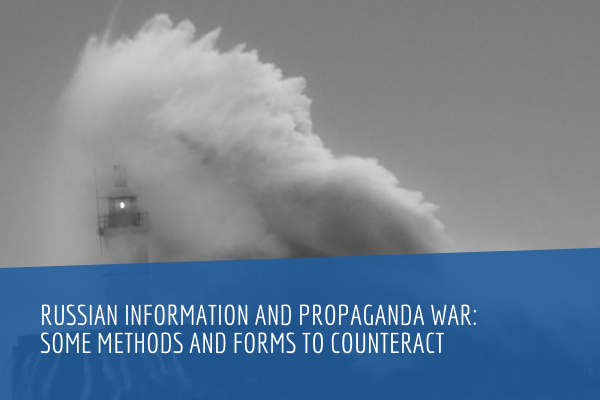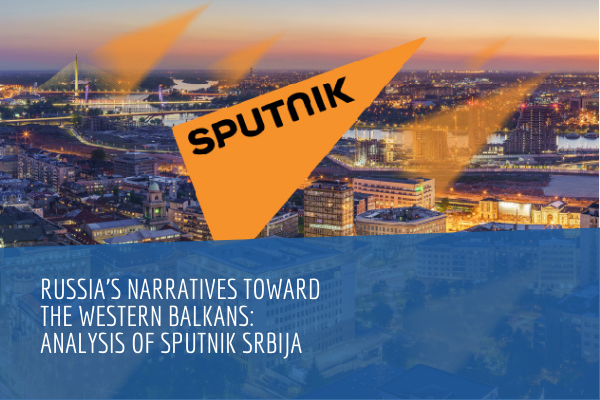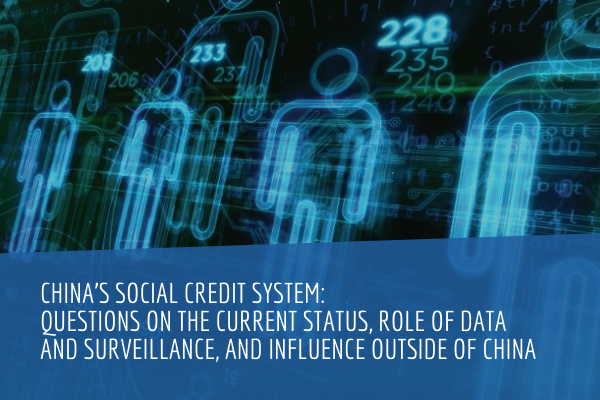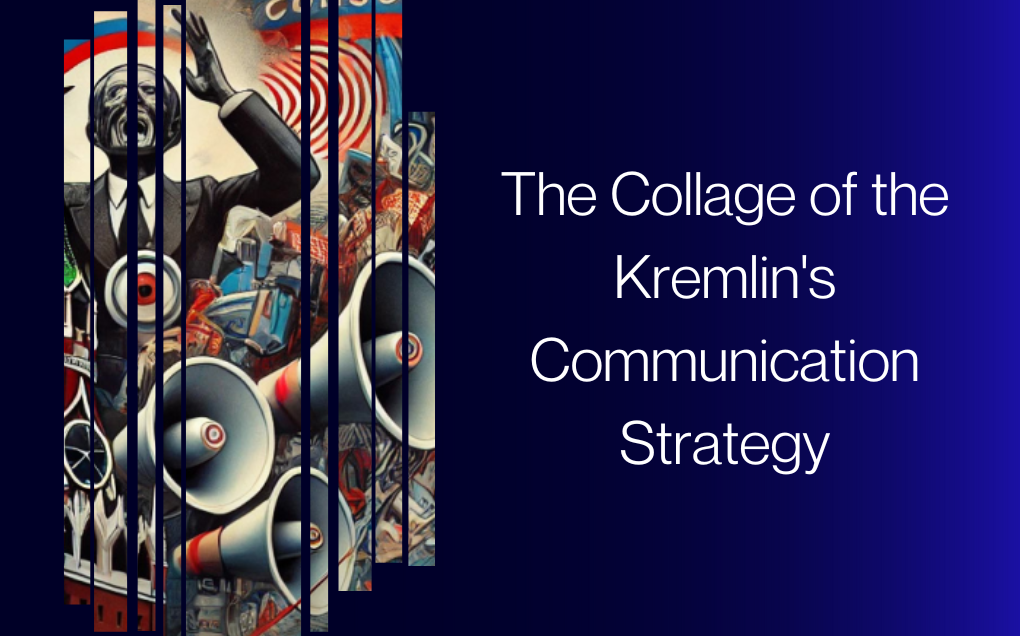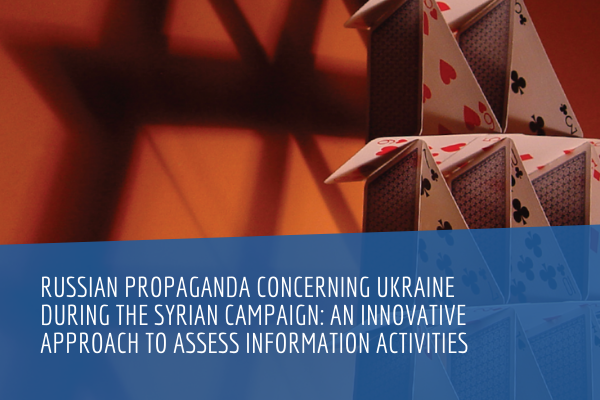China’s foreign relations are known for their reliance on the ‘friendship’ narrative, and its relations with Russia have been no exception. Still, the Sino-Russian ties lay beyond what could be considered diplomacy-as-usual from the Chinese perspective.
Official documents make reference to “the tradition of friendship between the peoples of Russia and China, passed down from generation to generation”. The history of interactions, however, suggests otherwise, as both nations were effectively cut off from each other from late 1950 and until 1989, and mutual enmity peaked during the 1969 border conflict on the Ussuri river.
Since the official normalisation of relations between Moscow and Beijing during the meeting of Mikhail Gorbachev and Deng Xiaoping in 1989—shortly before the collapse of the USSR—Russia and China have succeeded in establishing a stable political dialogue and in finding commonalities between their regional and global agendas. Today, Russia is one of the prime foci of Chinese foreign policy, along with the United States and Europe, according to Xi Jinping.3 The People’s Republic of China and the Russian Federation are strategic partners that base their relationship on the pragmatic convergence of certain interests, but are still foreign and distant from each other.
The Sino-Russian ties can be characterised as:
- Historical—exchanges dating back to the 13th century and formally established in the Nerchinsk Treaty of 1689;
- Comprehensive—covering issues across the board, from everyday exchanges between neighbouring countries to shaping the Eurasian space of the future, stretching across multiple local, bilateral, multilateral, and international fora;
- Tactical—each perceives the other as counterbalancing the power of the West, albeit arguably to different extents;
- Asymmetrical—China is increasingly the dominant partner with more leverage;
- Evolving—as Russia is forced to accommodate China’s growing global role conceptualised in its “major country diplomacy” approach, and China needs to continue seeking engagement with Russia without aligning with Moscow’s worldview or signalling exclusivity.
THIS REPORT PROVIDES A NARRATIVE ANALYSIS OF PUBLIC STATEMENTS BY RUSSIAN AND CHINESE OFFICIALS
By looking at official exchanges during meetings between the two heads of state we analyse the narratives shaping Sino-Russian cooperation and their dissemination in the state-controlled media. We analysed statements made regarding the 2018 and 2019 Sino-Russian summits.
Messages voiced by leaders provide a framework for diplomats and motivate internal support for the next round of international policies.
Official narratives matter, especially in authoritarian states, as messages of friendship/hostility expressed by authoritarian leaders are directly linked to official policy and tend to have a wide and immediate impact on all levels of interactions.
Methodology
In order to work with the most current available data on China’s official public narratives about Russia and Russia’s about China, we have chosen the two most recent China-Russia summits for narrative analysis, namely:
- 8–10 June 2018, Summit between Xi Jinping and Vladimir Putin in China
- 5 June 2019, Summit between Xi Jinping and Vladimir Putin in Russia
Summary of Findings
- Narrative analysis demonstrates efforts on the part of both China and Russia to portray closer ties between them. Nevertheless, Russia experts believe that the peak of the relationship has already passed, because China poses a certain threat to Russia. First, the relationship is unbalanced, and not in Russia’s favour. Second, China will use its newfound assertiveness not just on its adversaries, but also on its partners, including Russia.
- Both sides have identified the lack of trust and the emotional distance between the countries to be a serious obstacle in deepening economic, local cross-border, and people-to-people ties. Russians tend to see China as a predatory and low-value-added economic partner, interested solely in its natural resources and land. The Chinese public tends to view Russia as insignificant, disrespectful towards the sovereignty of other countries, and declining in influence, therefore, not suitable as a main global partner. To counter such perceptions, both partners are consciously shaping their domestic narratives to emphasise emotional kinship and historic bonds through official channels and state-controlled media.
- Narratives aimed at Russian domestic audiences praise China is a high value-added partner, stress that mutual complementarity exists between Chinese technological development and Russian exceptional human capital and tradition. Space exploration as an area of cooperation is not emphasised by chance, as it is a particularly emotional and national pride-invoking sector in Russia. The Russian public feels that Russia should be in control in this aspect of cooperation, with China as the junior partner, and therefore not a threat to Russia.
- Narratives aimed at Chinese domestic audiences portray Russia as a close neighbour, which is treating China with growing respect and admiration; it supports their political system and culture, and is beneficial for growth. The emotional aspect of the Chinese public wanting to be admired and respected, stemming from the ‘Century of Humiliation’, is exploited in this case. Using key phrases taken from Xi Jinping’s official political communications, such as ‘community of shared destiny’, stories about Russia are specially disseminated through the Chinese media to demonstrate that Russia has respect for the ‘Chinese way’ and is no longer the ideological provider as it was after World War II up until the Sino-Soviet split.
- The narrative of the ‘US government turning its back on multilateralism’ is ever-present in statements and publications on Sino-Russian cooperation on both sides, in outlets for domestic and external consumption alike, demonstrating the awareness of both governments that opposition to the US is a significant and common interest.
- The narrative of ‘the bear and the dragon uniting to contain NATO’ exists in the Russian media space, but not in the Chinese one. Today, Russia is more interested in closer security cooperation with China than vice-versa. NATO is higher on the Russian agenda than on the Chinese agenda, which prefers to attribute its grievances more narrowly—directing them towards the current US administration and not towards NATO as a whole. However, given the growing acknowledgement of the rise of China as a challenge for NATO, this situation may change in the future, with China moving towards stronger anti-NATO rhetoric.
China's Levers of Influence were discussed during #StratComTalks on 13 January 2021:
China's Influence in the Global Environment was discussed during #StratComTalks on 10 June 2020:

